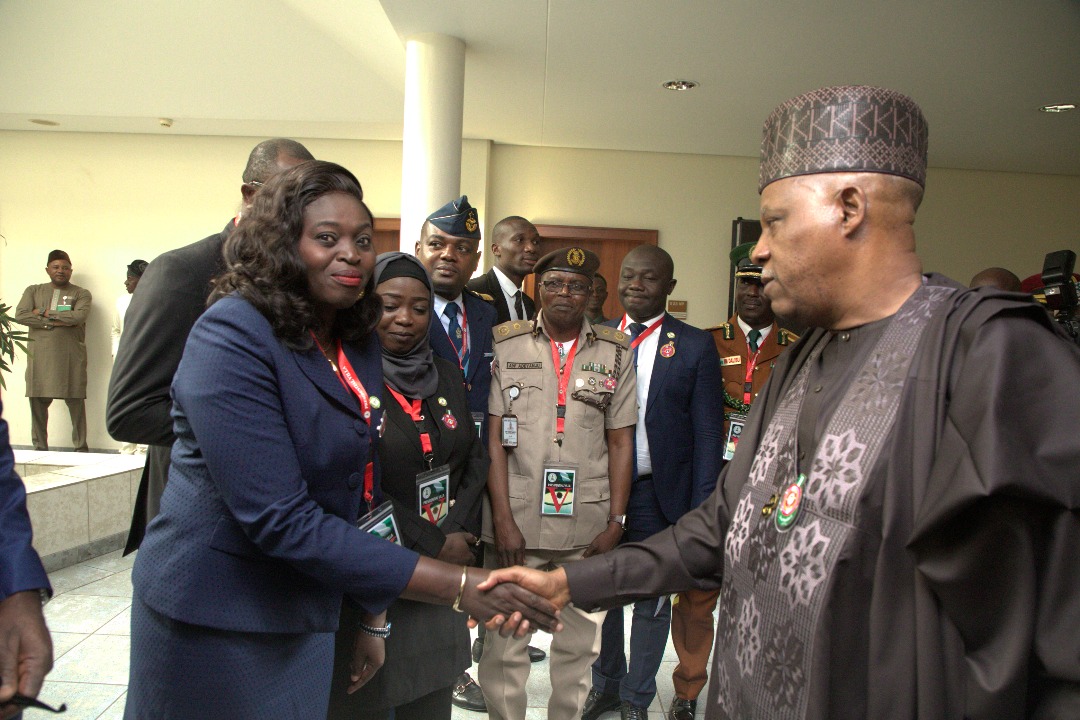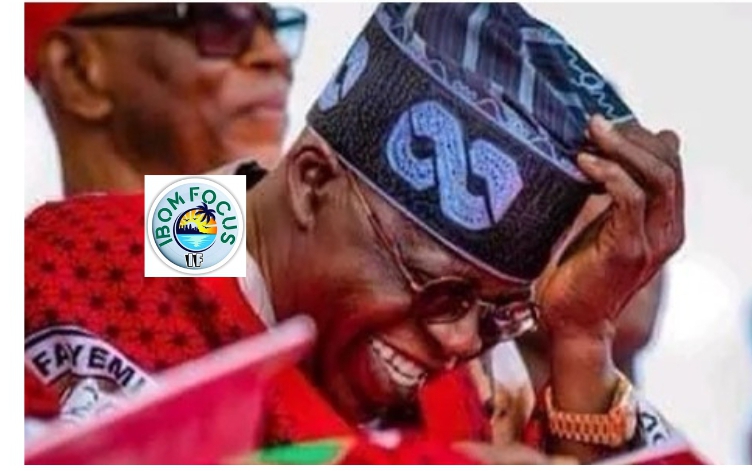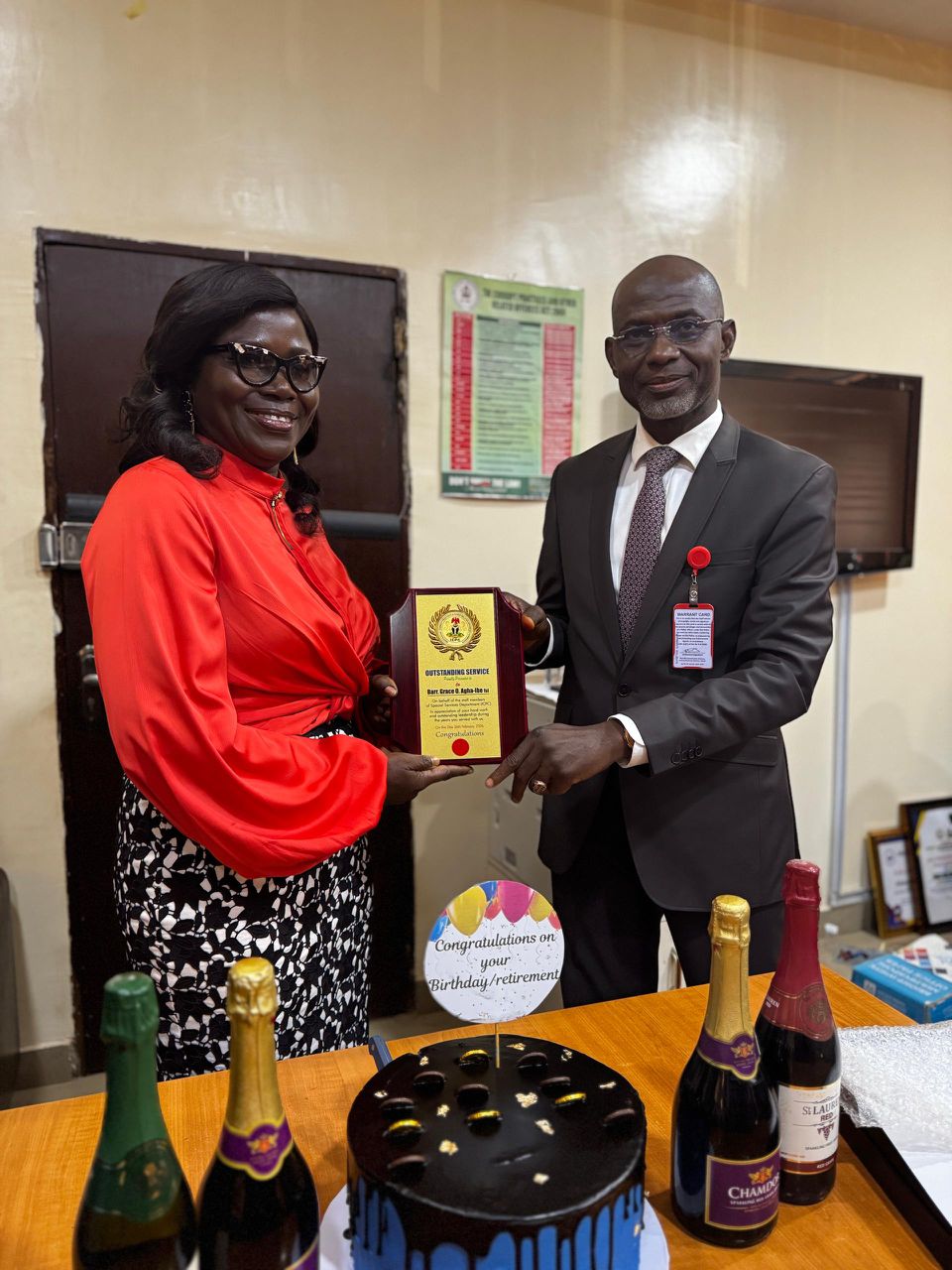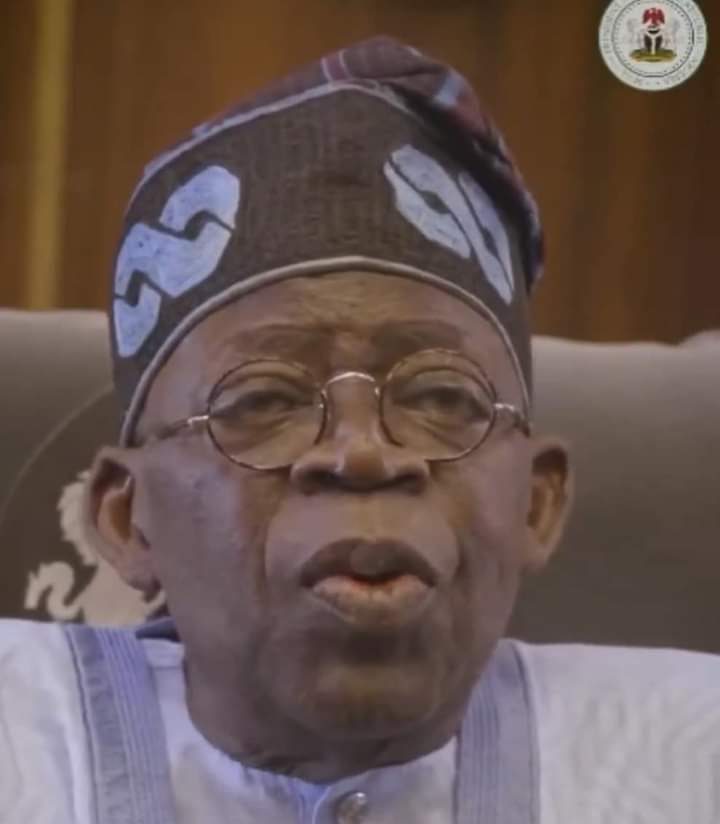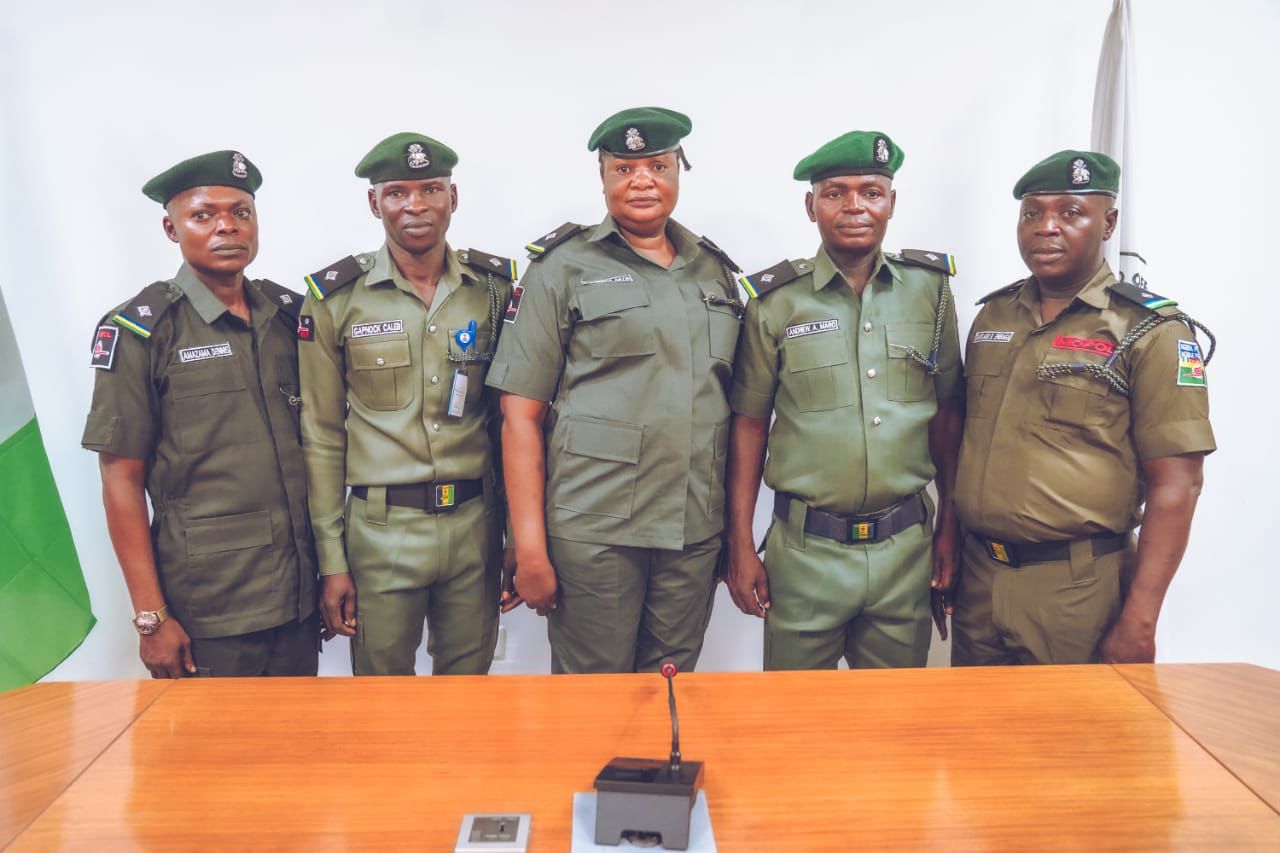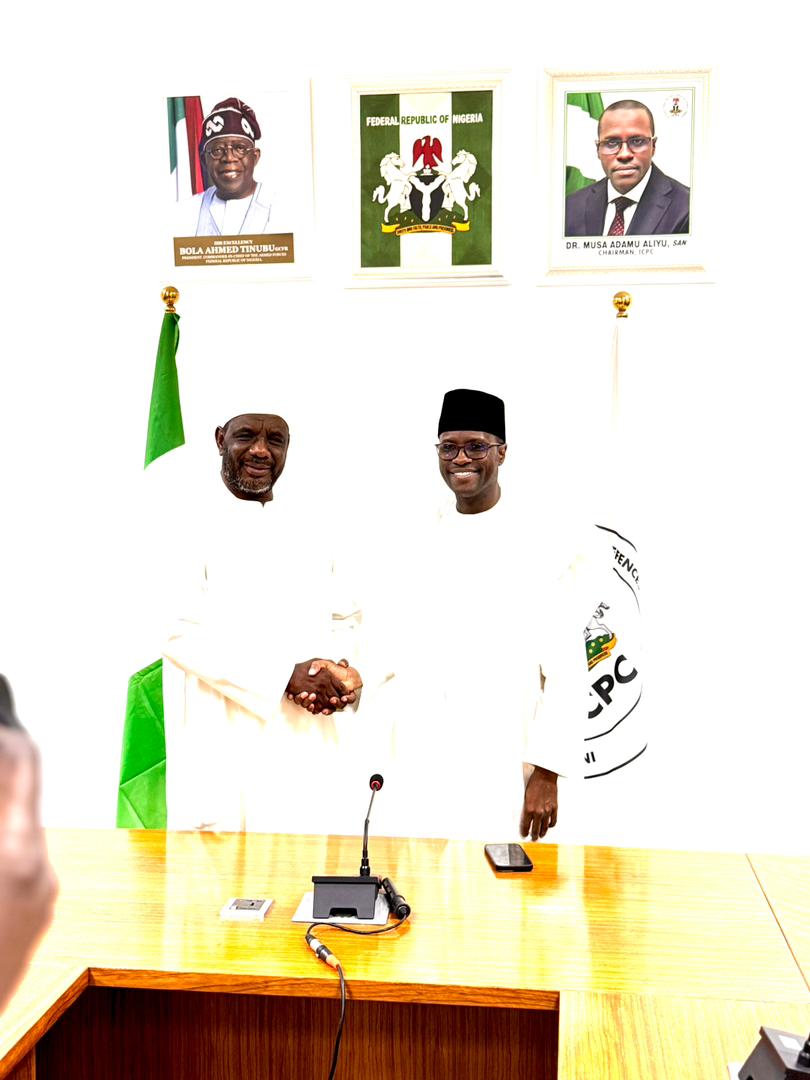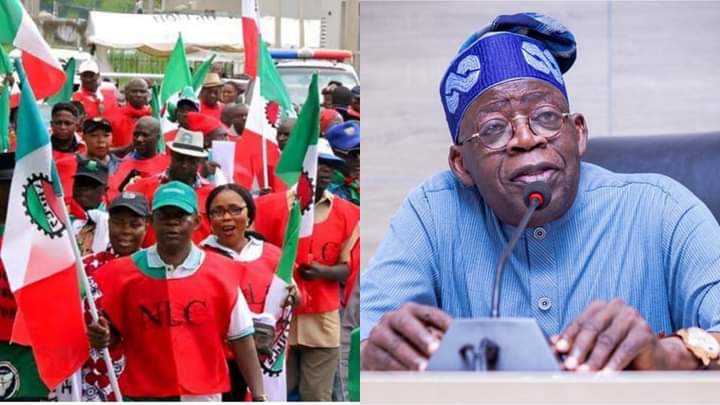
I Didn’t Crack Down On Labour Leaders Despite Their Strike As A Dictatorial Govt Would Have Done –Tinubu Blows Hot
Nigerian President, Bola Tinubu, has said his administration did not seek to oppress or crack down on the organised labour as a dictatorial government would have done in the face of labour’s recent call for a national strike.
The organised labour comprising the NLC and Trade Union Congress (TUC) had on June 3 embarked on the strike action “in response to the federal government’s refusal to conclude the national minimum wage negotiations, reverse electricity tariff hikes, and end discriminatory consumer classifications.”
According to the NLC, the legally conducted strike reflects the frustration of Nigerian workers facing economic hardships and deteriorating working conditions.
However, President Bola Tinubu in his speech to commemorate democracy in Nigeria on Wednesday morning said his administration chose “the path of cooperation over conflict.”
He asserted that no one was arrested or threatened, noting that instead, the labour leadership was invited to “break bread and negotiate toward a good-faith resolution.”
Tinubu said, “I understand the economic difficulties we face as a nation.
“Our economy has been in desperate need of reform for decades. It has been unbalanced because it was built on the flawed foundation of over-reliance on revenues from the exploitation of oil.
“The reforms we have initiated are intended to create a stronger, better foundation for future growth. There is no doubt the reforms have occasioned hardship. Yet, they are necessary repairs required to fix the economy over the long run so that everyone has access to economic opportunity, fair pay and compensation for his endeavour and labour.
“As we continue to reform the economy, I shall always listen to the people and will never turn my back on you.
“In this spirit, we have negotiated in good faith and with open arms with organised labour on a new national minimum wage. We shall soon send an executive bill to the National Assembly to enshrine what has been agreed upon as part of our law for the next five years or less.
“In the face of labour’s call for a national strike, we did not seek to oppress or crack down on the workers as a dictatorial government would have done. We chose the path of cooperation over conflict.
“No one was arrested or threatened. Instead, the labour leadership was invited to break bread and negotiate toward a good-faith resolution.
“Reasoned discussion and principled compromise are hallmarks of democracy. These themes shall continue to animate my policies and interaction with the constituent parts of our political economy.
“I take on this vital task without fear or favour and I commit myself to this work until we have built a Nigeria where no man is oppressed.”

